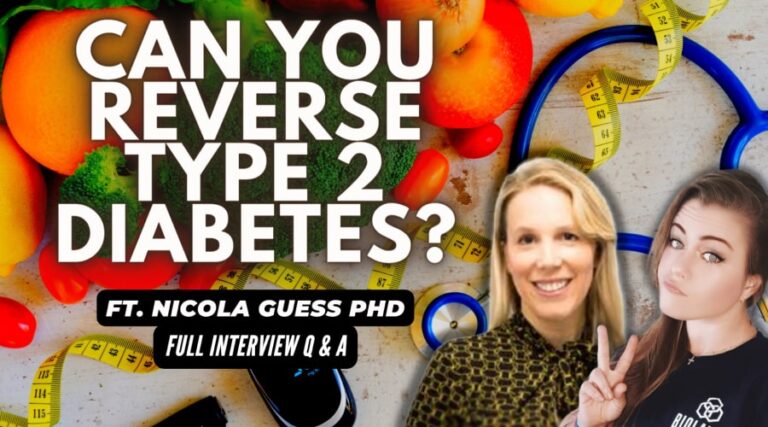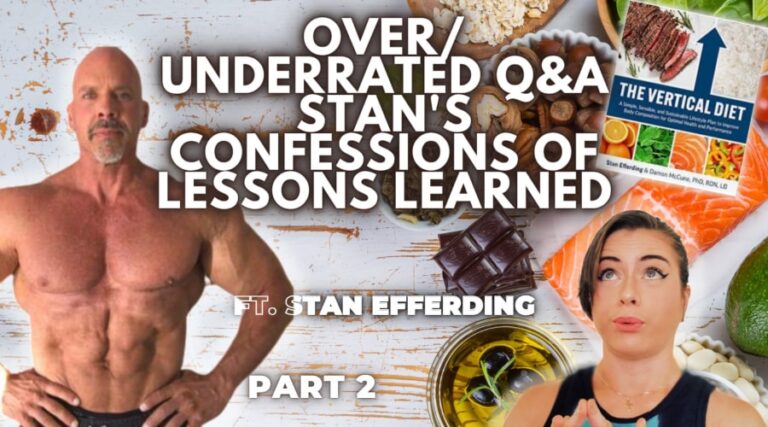- +61 426 844 919
- info@astrid-dietitian.com
- Queensland 4227, Australia

How to Overcome Weight Loss Plateaus: The Science of Motivation and Willpower
How to Overcome Weight Loss Plateaus: The Science of Motivation and Willpower
Written by: Dalton Franke.
- Nutrition, Exercise & Motivation Coach
It’s no secret that losing weight is hard. Anyone who has ever tried to lose weight knows that it can be a frustrating and challenging experience.
Sometimes, it feels like you’re doing everything right and yet the scale doesn’t budge. This is what is known as a weight loss plateau – a point where your body stops responding to diet and exercise, and you stop seeing results. Don’t worry, though! In this blog post, we will discuss how to overcome weight loss plateaus using scientific research on motivation and willpower.
Motivation to lose weight?
So, what exactly is motivation? And how can it help us lose weight? Motivation is a psychological construct that refers to the factors that drive us to behave in a particular way. It can be broken down into two main types: intrinsic and extrinsic motivation.
Intrinsic motivation comes from within, and refers to the desire to do something for its own sake. Extrinsic motivation, on the other hand, comes from external factors, such as rewards or punishments.
Most of us are extrinsically motivated to some degree – we exercise in order to lose weight, or eat healthy in order to look good. However, intrinsic motivation is thought to be more powerful and sustainable, as it is based on our own desires and motivations.

Intrinsic Motivation is more effective on women.
So how can intrinsic motivation help us lose weight? One study looked at the effect of intrinsic motivation on weight loss in women. The researchers found that women who were intrinsically motivated to lose weight lost more weight than those who were extrinsically motivated.
Furthermore, the intrinsic group was more likely to maintain their weight loss in the long-term. This suggests that intrinsic motivation is an important factor in weight loss, and that trying to lose weight for external reasons (such as looking good) is not as effective as wanting to lose weight for internal reasons (such as feeling healthy).

Resist temptations...
What about willpower? Isn’t it a limited resource? Willpower is a term that refers to the ability to resist temptation and stick to our goals.
It is often seen as a limited resource, meaning that we only have a certain amount of willpower available at any given time. This has led to the popular idea of “willpower fatigue”, where people eventually run out of willpower and give up on their goals. However, research suggests that this is not the case.
Find a motivation
So how can we use this information to overcome weight loss plateaus? The key is to find intrinsic motivation or to increase your form of extrinsic motivations for weight loss.
This means finding reasons to lose weight that come from within, rather than from external factors. Some good examples of intrinsic motivation include wanting to feel healthy, wanting to be able to do activities without getting out of breath, or wanting to live longer.
Once you have found your intrinsic motivation, you need to strengthen your attitudes around the behaviour. This can be done by practicing self-control exercises such as resisting temptation or delaying gratification. Finally, you need to set realistic goals and make a plan for how you will achieve them. This may include finding a support group or hiring a coach. By using these strategies, you can overcome weight loss plateaus and achieve your goals!

References
- Job V, Dweck CS, Walton GM. Ego Depletion—Is It All in Your Head?: Implicit Theories About Willpower Affect Self-Regulation. Psychological Science. 2010;21(11):1686-1693. doi:10.1177/0956797610384745
- Teixeira, P.J., Silva, M.N., Mata, J. et al. Motivation, self-determination, and long-term weight control. Int J Behav Nutr Phys Act 9, 22 (2012). https://doi.org/10.1186/1479-5868-9-22
Share :
Twitter
Telegram
WhatsApp
ACHIEVE FOOD FREEDOM
Subscribe to our newsletter of our latest articles and the best tips about food







